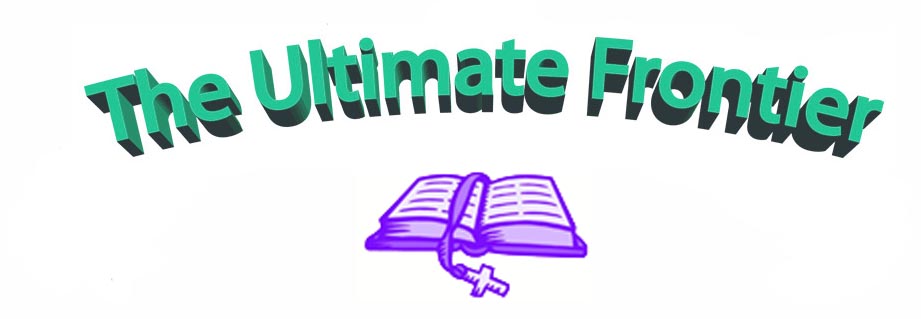|
|
||
|
|
Democracy The Romans developed a more representative type of democracy† than the Greeks, and it wasnít
really conceptualized as a democracy so much as it was a republic. Of course,
the Romans brought culture to Europe, particularly to Another important variable in this mix that weíre talking about is the concept of an informed
citizenry. I like to think that an informed citizenry is the guardian genius
of democracy. Thatís why freedom of the press is
such an important concept in our society, today. In order to have a fully
functioning democracy, you must have citizens who are
politically aware. So, a high premium is
placed on political awareness. Voting we take very seriously. Itís grounds
for expulsion if one does not exercise oneís right to vote. Itís considered a very, very profound responsibility, and
thatís part of the type of democracy that weíre trying to strive for. We call
it a participatory democracy, which is a democracy† that if people donít fully
participate, it very rapidly devolves into a dictatorship. Thatís
the fuel for every tyranny thatís ever risen on earth: when the populace
loses the incentive or the ability to fully participate, they lose control of
their own government. |
|
|
|
|
|
